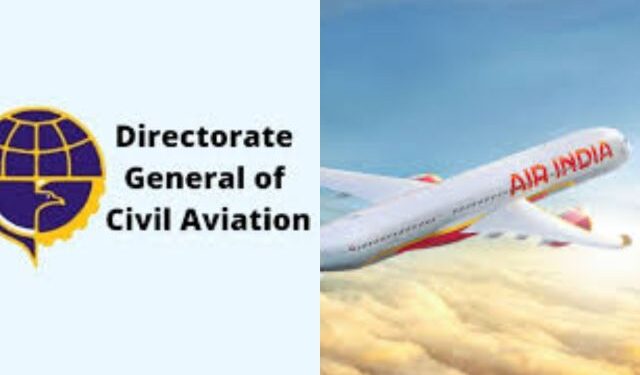India’s aviation watchdog, the Directorate General of Civil Aviation (DGCA), has issued a stern reprimand to budget carrier Air India Express for failing to meet safety compliance standards regarding critical engine part replacement on an Airbus A320 aircraft.
The lapses, uncovered during a DGCA audit in October 2024, included not only the delay in replacing engine components mandated by the European Union Aviation Safety Agency (EASA), but also alleged manipulation of the airline’s Aircraft Maintenance and Engineering Operating System (AMOS) records to falsely indicate compliance.
In its statement to Reuters, Air India Express admitted to the delay and attributed it to ongoing software migration, which reportedly disrupted their technical alert systems. The airline stated that the issue was addressed promptly after discovery and that necessary remedial actions have since been initiated.
However, the airline remained silent on the DGCA’s most serious accusation: alteration or forgery of maintenance logs. The fallout led to the removal of the airline’s quality manager and the suspension of the deputy continuing airworthiness manager.
A source familiar with the audit noted that the affected aircraft operated only a limited number of flights post-deadline. Still, aviation safety experts caution that the risks are significant irrespective of flight volume. “Such issues should be fixed immediately. The risk compounds especially when flying over sea or sensitive airspace,” remarked Vibhuti Singh, a former legal expert with India’s Aircraft Accident Investigation Bureau.
As the aviation sector continues to expand in India, the incident raises broader concerns about the robustness of internal quality control and compliance mechanisms in private carriers.
With growing passenger numbers and rising scrutiny, airlines may need to realign their operational protocols to restore confidence in safety oversight.





























